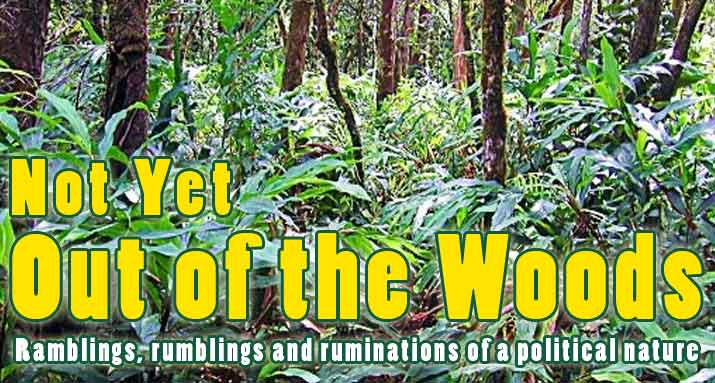-
Vince Cable is clearly still the lightning rod capable of conducting the flow of political events!
The Business Sec's remarks can be considered to have damaged his internal standing within the coalition and reduced his influence, but by stating the obvious he has regained some sympathy at large within the country for his party too - which will certainly help in the forthcoming Oldham by-election where a strong LibDem showing is vital to maintaining membership confidence in party leaders.
 Image by Steve Punter via FlickrDr Cable has demonstrated in essence that LibDems are engaging in heavy-weight policy discussions behind the scenes with all the voluable disagreements one should expect in any serious grown-up discussion. This will reassure many that policies are being decided on their merits, despite ongoing anxiety about the speed of announcements. The fact that the differences between the parties have been kept under wraps until now is a testament to the determination of both sides to make the coalition work in the national interest.
Image by Steve Punter via FlickrDr Cable has demonstrated in essence that LibDems are engaging in heavy-weight policy discussions behind the scenes with all the voluable disagreements one should expect in any serious grown-up discussion. This will reassure many that policies are being decided on their merits, despite ongoing anxiety about the speed of announcements. The fact that the differences between the parties have been kept under wraps until now is a testament to the determination of both sides to make the coalition work in the national interest.LibDem ministers have made their point that they aren't attached to power for its own sake, but they can no longer bluff their way through vital upcoming discussions - and this will also satisfy right-wingers that their own concerns are not being completely overlooked.
In particular Vince Cable's public exhortation against Rupert Murdoch is evidence of ruthless calculation, not a gaffe.
It is common knowledge LibDems are worried about the imbalance in media power represented by NewsCorp, but the tide has been against preventing a takeover of the BSkyB (it is already effectively under Murdoch's control with a 39% holding, and has long been treated as such by government departments) since the precedent set by the last government with its decision on ITV. So the handover of the decision-making power to the prominent Murdoch cheerleader and tory Culture Sec Jeremy Hunt MP can be considered a concession with an obvious outcome.
However the manner in which this give and take was made was a matter of delicate manoeuvering and Cable's only real option was to disqualify himself from the task by whatever means he had at his disposal so as to avoid the political booby-trap of further angering his own supporter base. With Tuition Fees it was the lesser of two evils, but BSkyB was Hobson's Choice.
The trade-off between Cable's personal and public standing somewhat neutralises his 'nuclear option' by setting out some much needed boundaries (such as on certain totemic welfare measures) which bolsters the Cameron-Clegg partnership by giving each side a bit of what they want. As a result the separate identities in the interdependent coalition relationship are more clearly defined.
And LibDems certainly aren't displeased to see Ed Miliband make a complete reversal of his strategy overnight - one day LibDems were shielding ideological tories, the next their attacks on the hardliners are impotent. That's the man who leads the official opposition and hopes to replace the coalition, and he can't even hold a consistent line with himself!
